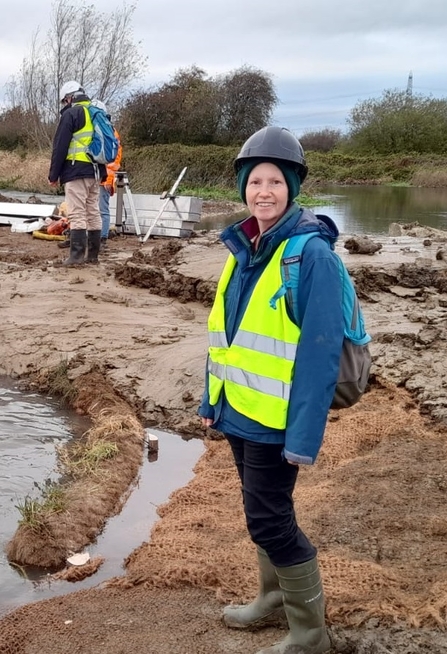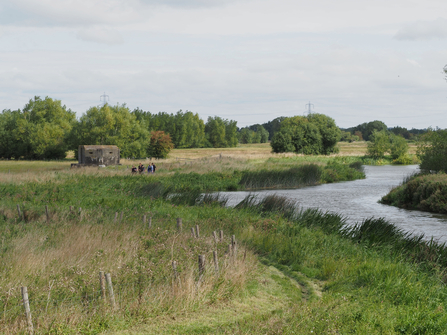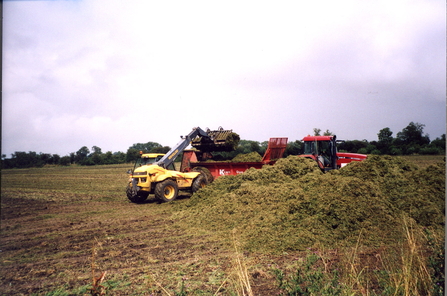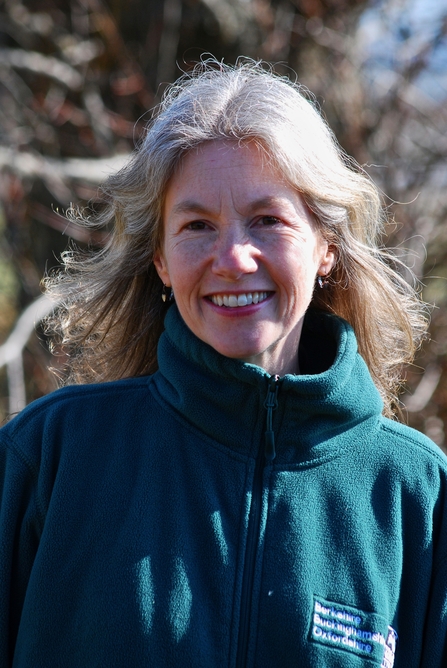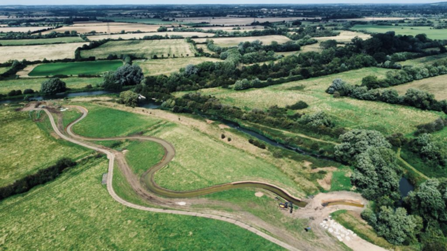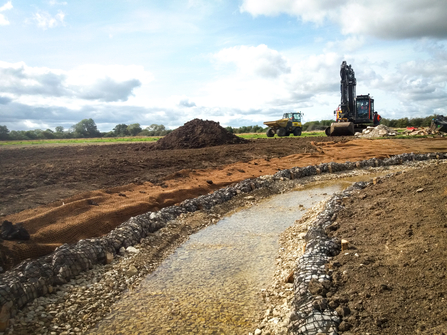Lisa Lane has also overseen the creation of an entirely new channel of the River Thames at BBOWT's Chimney Meadows reserve in West Oxfordshire.
In the past year she has continued working for BBOWT despite being diagnosed with breast cancer on Christmas Eve 2020 and undergoing extensive treatment.

